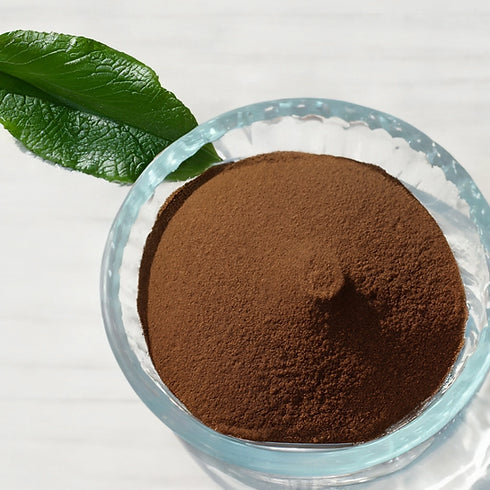
Healing Herbals
Lobelia Leaf Extract
Lobelia Leaf Extract
Couldn't load pickup availability
Lobelia Leaf Extract Powder (Lobelia inflata)
Our Lobelia Leaf Extract Powder is derived from Lobelia inflata and is extracted into a fine, easy-to-use form. Lobelia leaf contains the alkaloid lobeline, which can help support many functions.
Recommended application:
- Add a little something to your chosen drink
- Derived from the Lobelia inflata plant, also called Indian tobacco
- Recognized for its sharp, peppery aroma and taste
Ingredients:
Lobelia Leaf Extract (Lobelia inflata)
FDA Disclaimer:
This product is not reviewed by the Food and Drug Administration. This product is not intended to diagnose, treat, cure, or prevent any disease.
Share

Despite a lot of information online about this herb, I have found it to be a great ally. I use one gram in warm water and usually mix it with wild dagga or another calming herb. I have never had nausea from lobelia and find the effects to be physically sedating, rather than a head change.

Here at Healing Herbals Store
We carefully select suppliers who share our commitment to environmental stewardship and minimize waste through eco-conscious or reused packaging whenever possible. We prioritize supporting fair labor practices and are currently investing in regenerative farming methods, so every product reflects our dedication to both quality and the health of our planet. Shop now!

